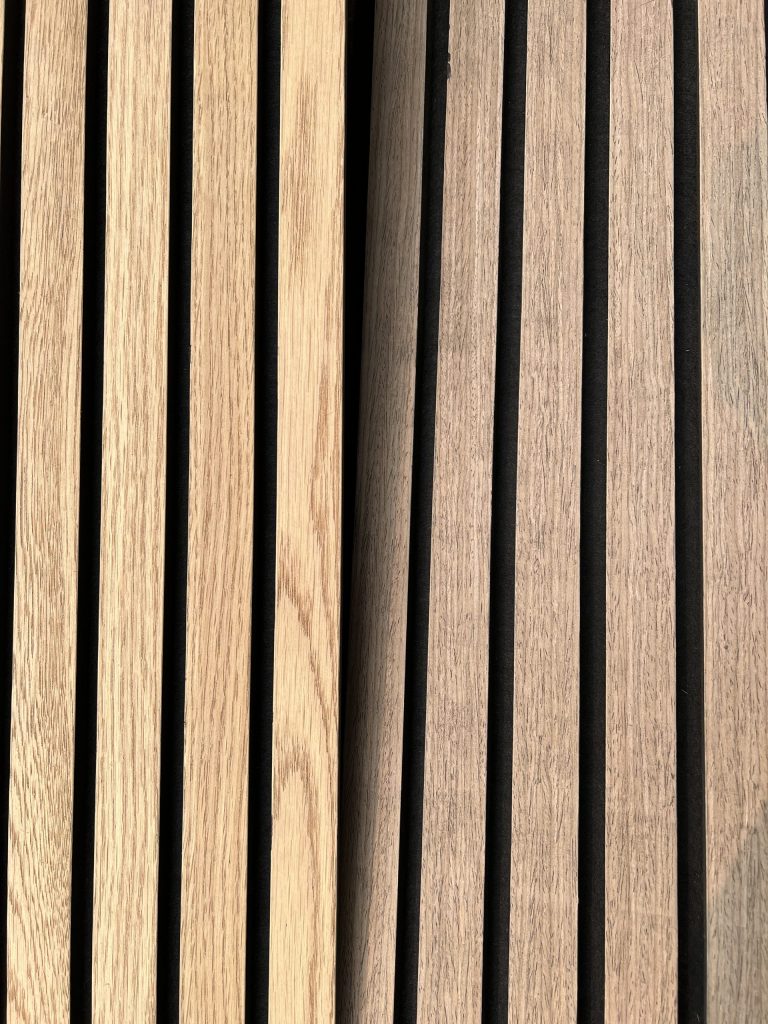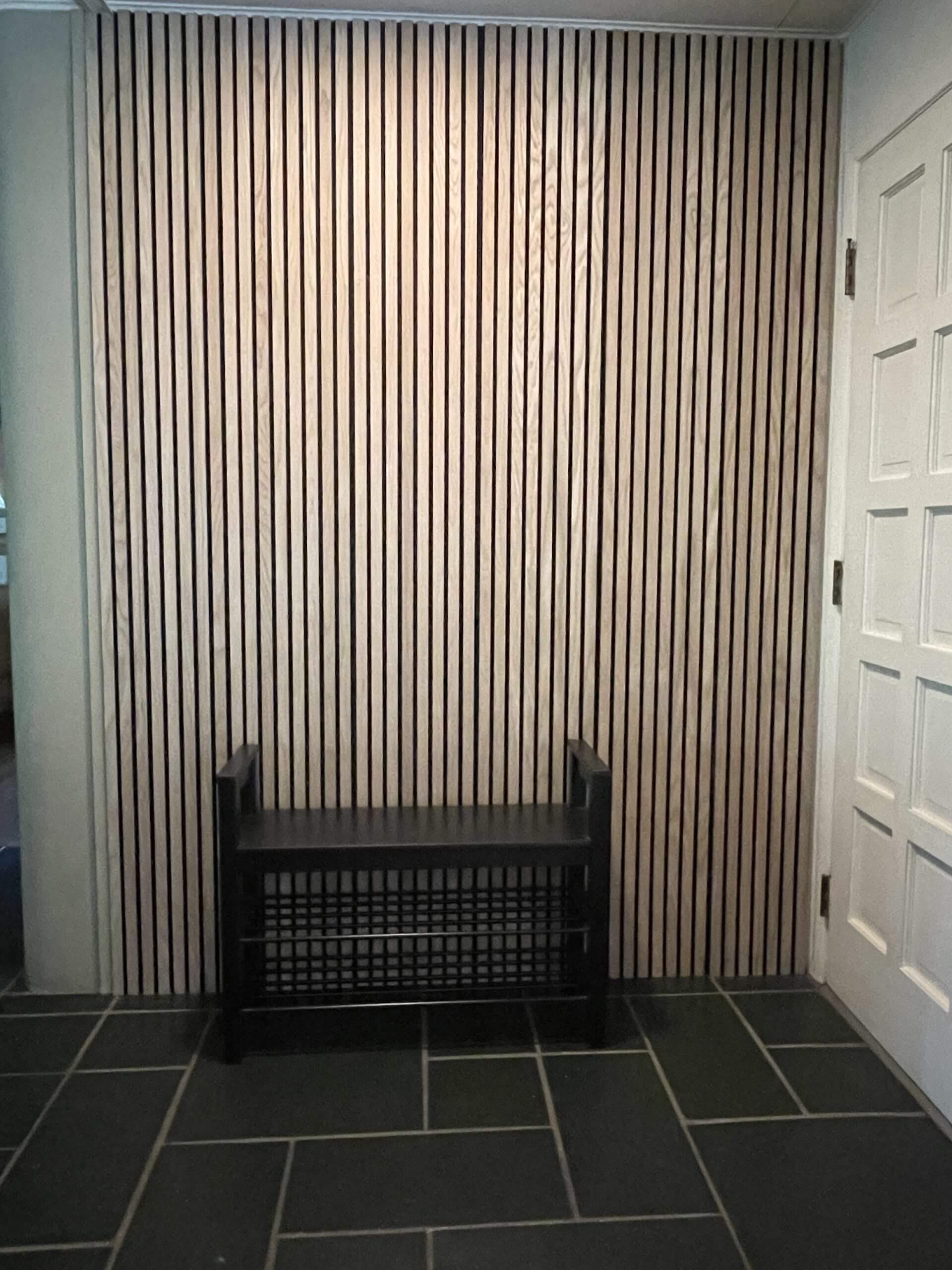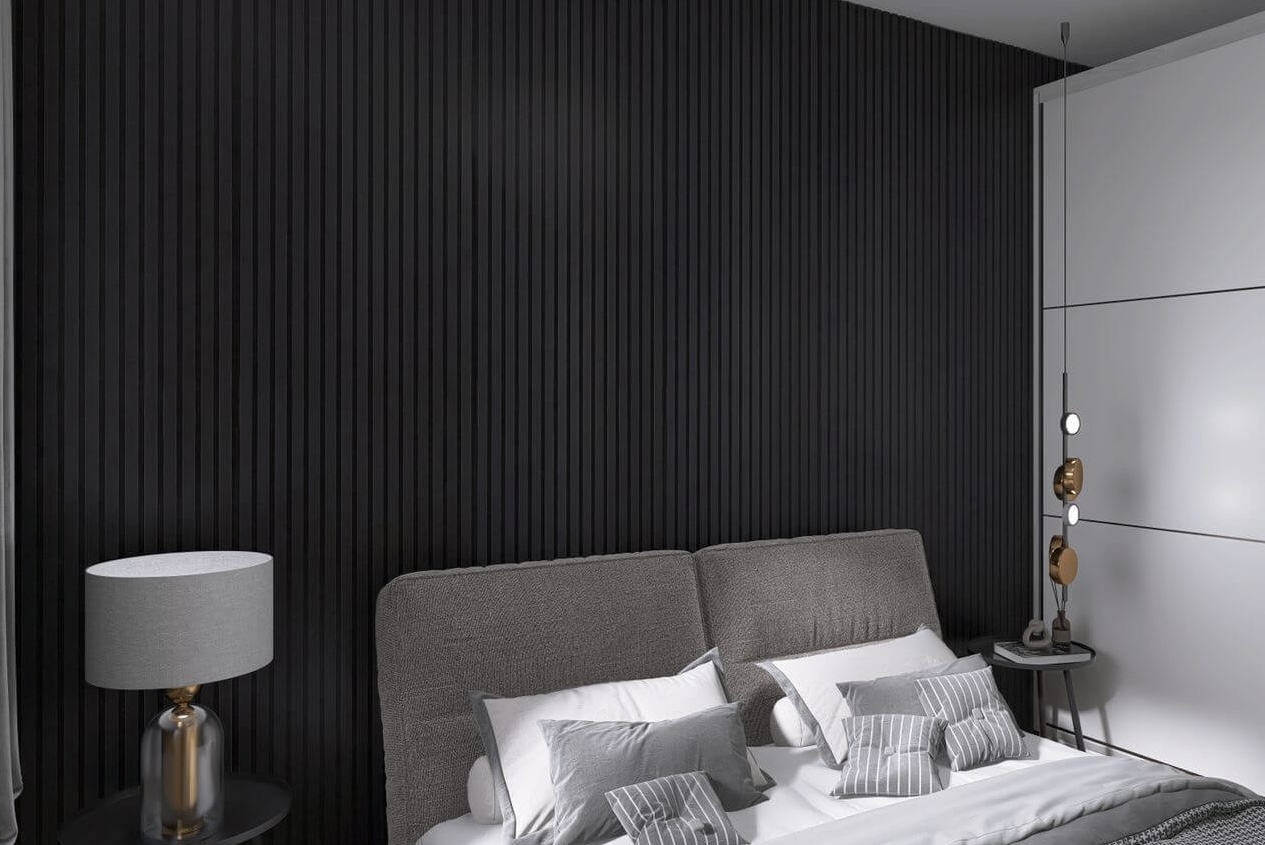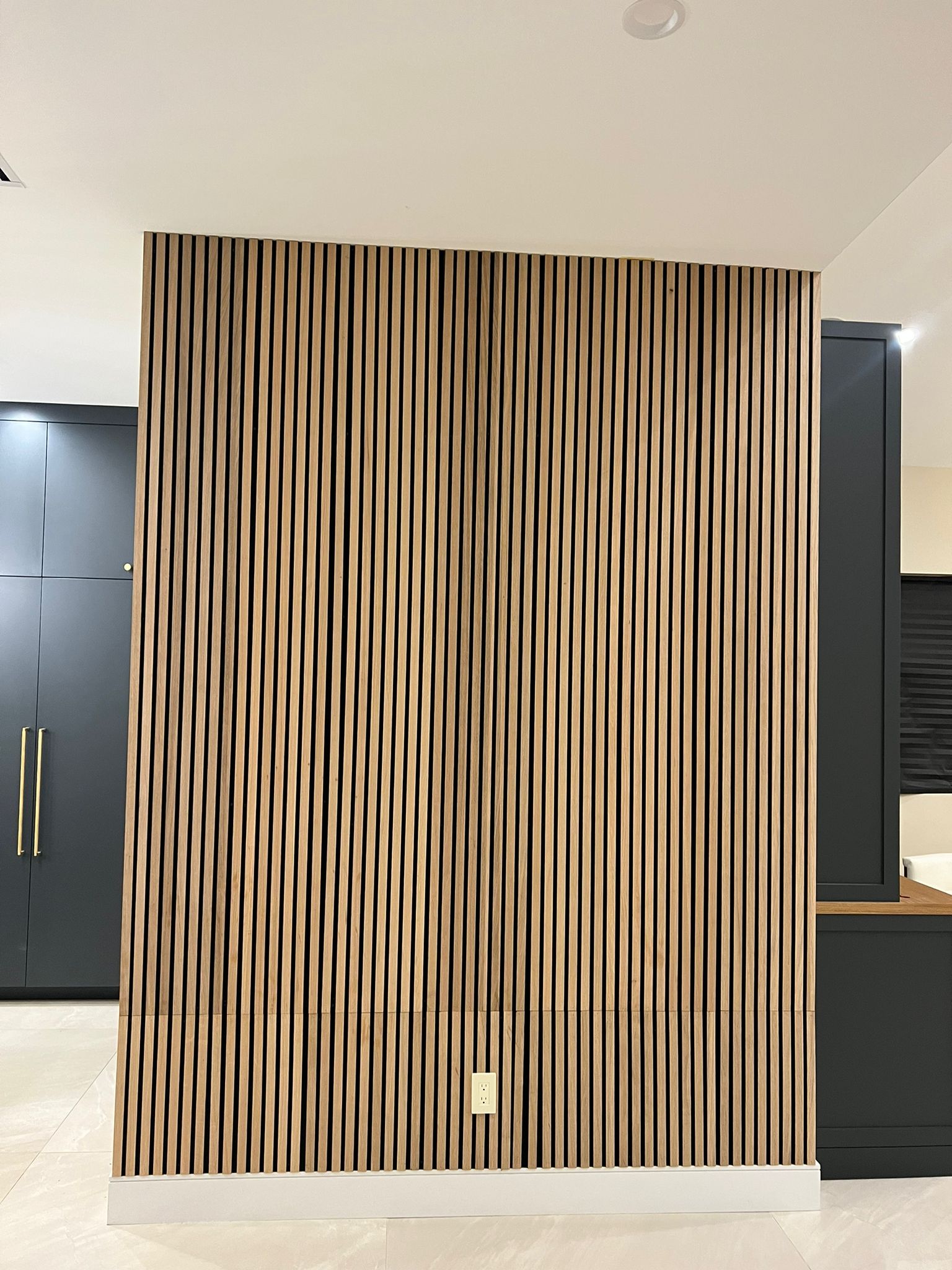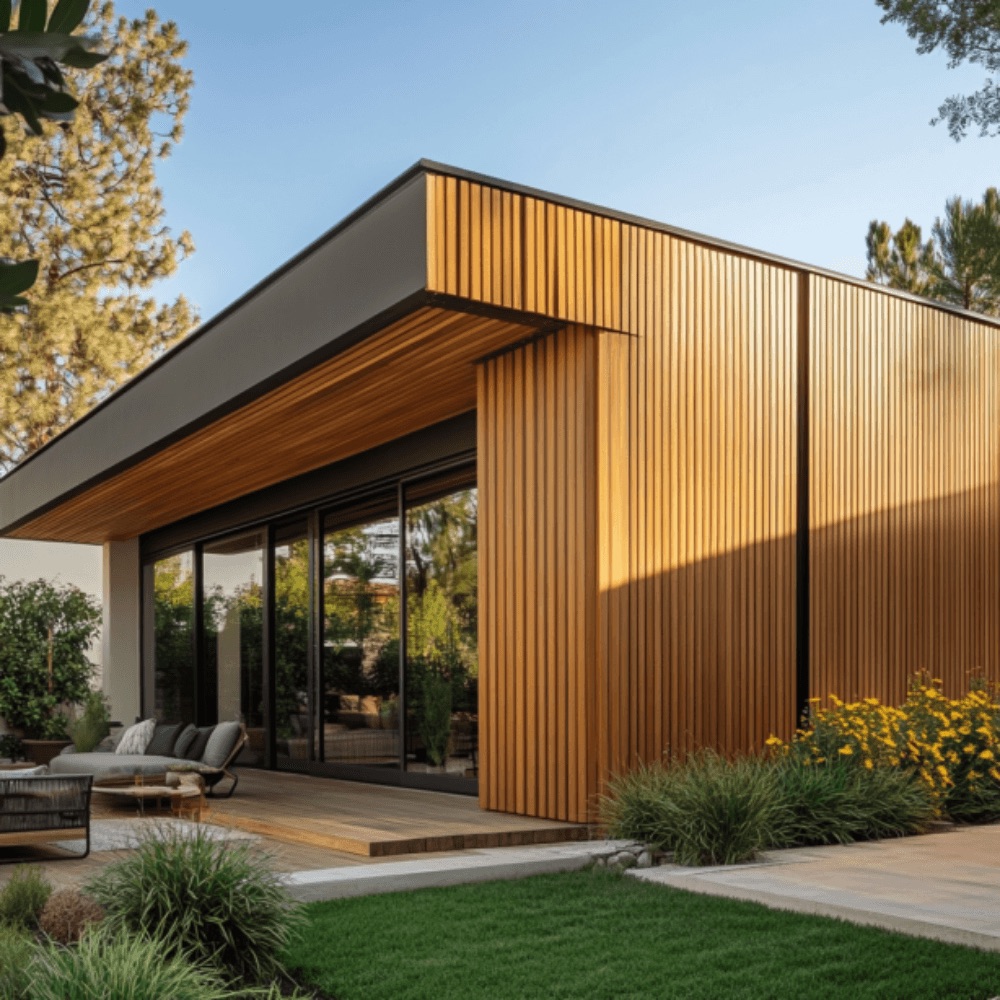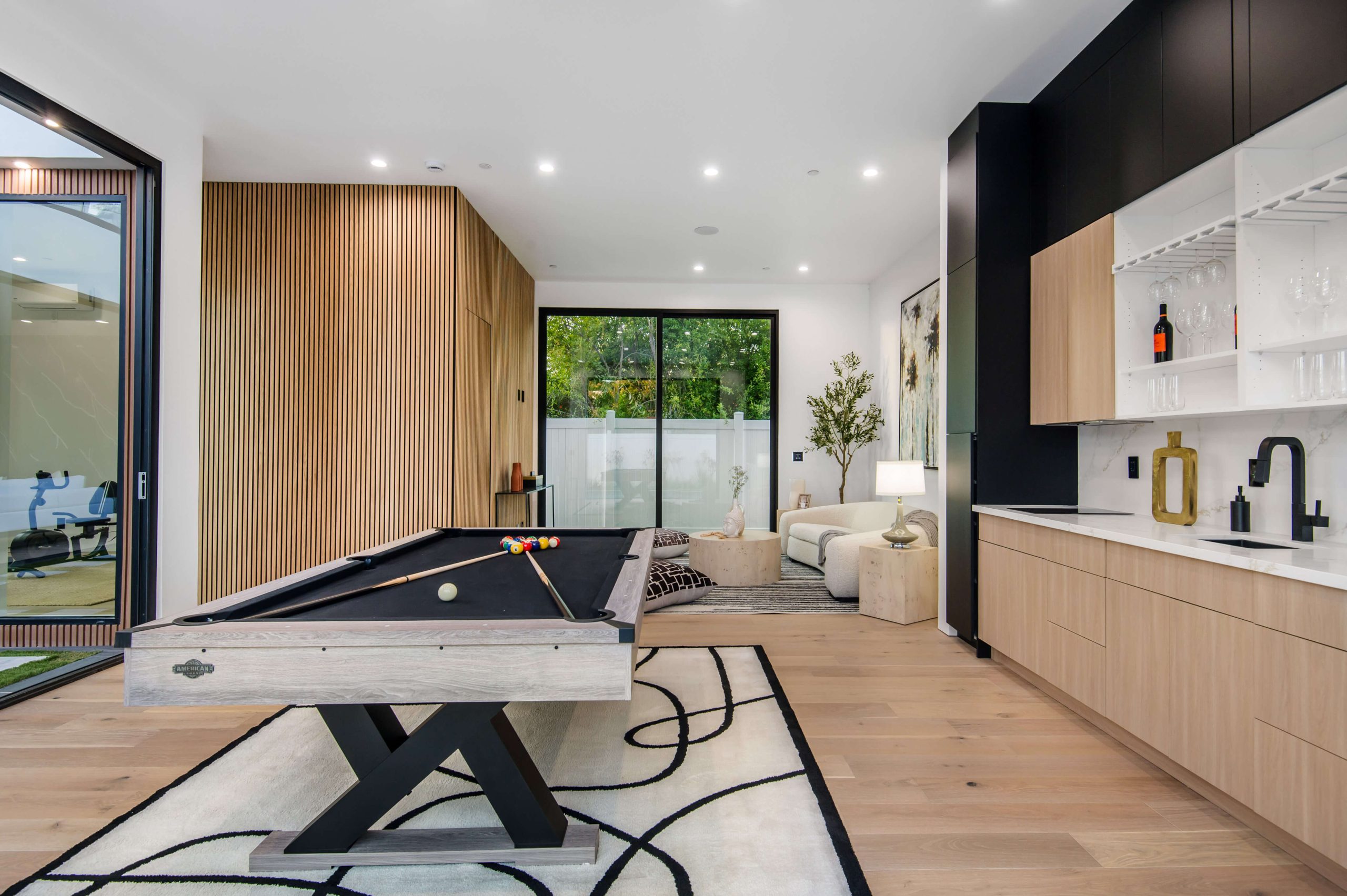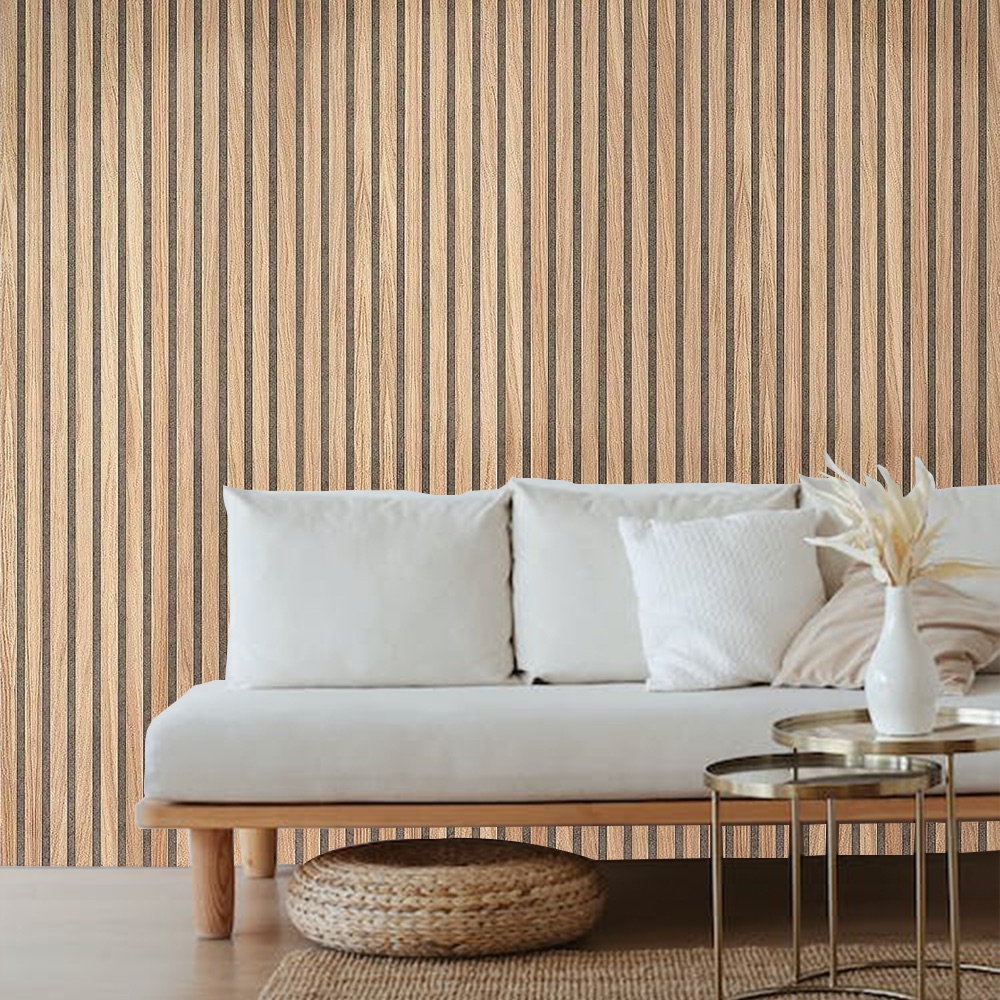When it comes to improving your home or commercial space, the choice of exterior wall panels plays a significant role in both aesthetics and functionality. Exterior wall panels come in various types, offering homeowners and professionals multiple benefits, from durability to energy efficiency. In this guide, we’ll dive into the types of exterior wall panels available and the advantages they provide.
Understanding Exterior Wall Panels
Exterior wall panels are designed to protect buildings from the elements while enhancing their appearance. Whether you’re looking for wood, metal, or composite materials, each type of panel offers unique features tailored to different needs. The right exterior wall panel can transform the look of your property while providing benefits like weather resistance, energy efficiency, and sound insulation.
Types of Exterior Wall Panels
Let’s explore the main types of exterior wall panels available today:
1. Wood Exterior Wall Panels
Wood panels, such as those offered by Wood Panel Wall USA, bring warmth and natural beauty to any building. They are often crafted from high-quality woods like oak, pine, and cedar. The wood is durable, environmentally friendly, and offers a unique appearance. The natural grains of wood provide a timeless aesthetic, and companies like Wood Panel Wall USA specialize in ensuring the wood used is sustainably sourced.
Benefits of Wood Exterior Wall Panels:
- Natural Aesthetic: Wood provides a classic look that complements both traditional and modern architectural styles.
- Eco-Friendly: Sourced from sustainable forests, wood is a renewable resource.
- Customizable: You can paint or stain wood panels to match your desired look.
- Superior Insulation: Wood is an excellent insulator, helping to regulate temperature inside your building.
2. Composite Exterior Wall Panels
Composite panels, such as Wood-Plastic Composite (WPC), are a popular choice for exterior applications. These panels are made from a blend of wood fibers and plastic, which makes them highly durable and resistant to weathering.
Benefits of Composite Exterior Wall Panels:
- Weather Resistance: Composite panels are resistant to moisture, UV rays, and extreme temperatures, making them ideal for outdoor use.
- Low Maintenance: Unlike wood, composite panels don’t need to be sanded or painted, reducing upkeep.
- Sustainability: Many composite panels are made from recycled materials, making them an environmentally conscious choice.
3. Metal Exterior Wall Panels
Metal panels are known for their durability and sleek appearance. Common metals used include aluminum, steel, and zinc. These panels are widely used in commercial settings but are also becoming popular in residential designs due to their modern look.
Benefits of Metal Exterior Wall Panels:
- Durability: Metal panels can withstand harsh weather conditions, including heavy rain and wind.
- Fire Resistant: Metal is non-combustible, making it a safe option for buildings in fire-prone areas.
- Energy Efficiency: Many metal panels come with reflective coatings, which help reduce heat absorption, leading to lower energy costs.
4. Vinyl Exterior Wall Panels
Vinyl panels offer an affordable and versatile solution for exterior cladding. These panels are lightweight, easy to install, and come in a variety of styles and colors.
Benefits of Vinyl Exterior Wall Panels:
- Affordability: Vinyl is one of the most cost-effective materials available for exterior cladding.
- Low Maintenance: Vinyl panels don’t require painting and can be easily cleaned with water.
- Durable: Resistant to rot, insects, and moisture, vinyl is a long-lasting option.
5. Stone and Brick Veneer Exterior Wall Panels
For those looking to add a natural or rustic look to their building, stone and brick veneer panels are an excellent choice. These panels mimic the appearance of solid stone or brick without the weight and cost of traditional masonry.
Benefits of Stone and Brick Veneer Exterior Wall Panels:
- Aesthetic Appeal: Achieve the look of real stone or brick without the need for expensive materials and labor.
- Durability: These veneers are built to withstand extreme weather and resist cracking or chipping.
- Energy Efficient: Many stone and brick veneers offer natural insulation, helping to regulate indoor temperatures.
Key Benefits of Exterior Wall Panels
No matter the material, exterior wall panels provide a range of benefits that go beyond aesthetics. Here are some of the key advantages:
1. Enhanced Curb Appeal
Exterior wall panels dramatically improve the appearance of any building. Whether you’re opting for the natural warmth of wood or the sleek finish of metal, panels can completely transform a property’s look.
2. Weather Protection
One of the primary purposes of exterior wall panels is to protect buildings from the elements. High-quality panels, such as WPC from Wood Panel Wall USA, offer resistance against moisture, UV rays, and temperature changes, ensuring your building remains safe and sound in all weather conditions.
3. Energy Efficiency
Certain exterior wall panels, like wood and composite materials, provide excellent insulation, helping maintain consistent indoor temperatures and reducing the need for excessive heating or cooling. This can lead to significant energy savings over time.
4. Sound Insulation
In busy urban areas, exterior wall panels can help reduce noise pollution. Wood panels, in particular, are known for their sound-absorbing properties, making them an ideal choice for buildings located in high-traffic zones.
5. Low Maintenance
Modern exterior wall panels are designed to be durable and easy to maintain. Composite, metal, and vinyl panels, in particular, require minimal upkeep compared to traditional siding options. This makes them a cost-effective long-term investment.
How to Choose the Right Exterior Wall Panel
Choosing the right exterior wall panel depends on several factors, including your budget, aesthetic preferences, and the specific needs of your building. Here are some tips to help you make the right decision:
- Consider the Climate: In areas with extreme weather conditions, choose materials like composite or metal that offer high durability and weather resistance.
- Think About Maintenance: If you prefer low-maintenance options, composite, vinyl, or metal panels may be ideal.
- Match Your Aesthetic: Wood panels offer a timeless, natural look, while metal panels provide a sleek, modern appearance.
- Factor in Energy Efficiency: For buildings in areas with fluctuating temperatures, opt for panels with high insulation properties, such as wood or composite.
FAQs
What are the most durable exterior wall panels?
Metal and composite panels are considered the most durable due to their resistance to weather, fire, and pests.
Can wood exterior wall panels be painted?
Yes, wood panels can be painted or stained to match your aesthetic preferences.
Are exterior wall panels energy efficient?
Yes, many exterior wall panels, especially wood and composite, offer excellent insulation, which helps reduce energy consumption.
How do I maintain exterior wall panels?
Maintenance depends on the material. Composite and vinyl panels require minimal upkeep, while wood may need occasional staining or painting.
Do exterior wall panels offer sound insulation?
Yes, wood panels are particularly effective at absorbing sound, making them a good choice for noise reduction.
Conclusion
Exterior wall panels are a versatile and valuable addition to any building, providing both aesthetic and functional benefits. By selecting the right material for your specific needs, you can enhance your property’s curb appeal, improve energy efficiency, and protect against the elements. With options like wood, composite, metal, vinyl, and stone veneers, there’s an exterior wall panel solution for every style and budget.

